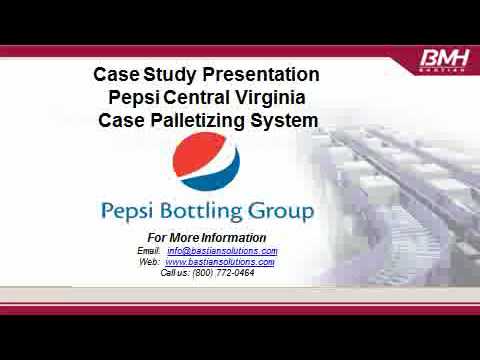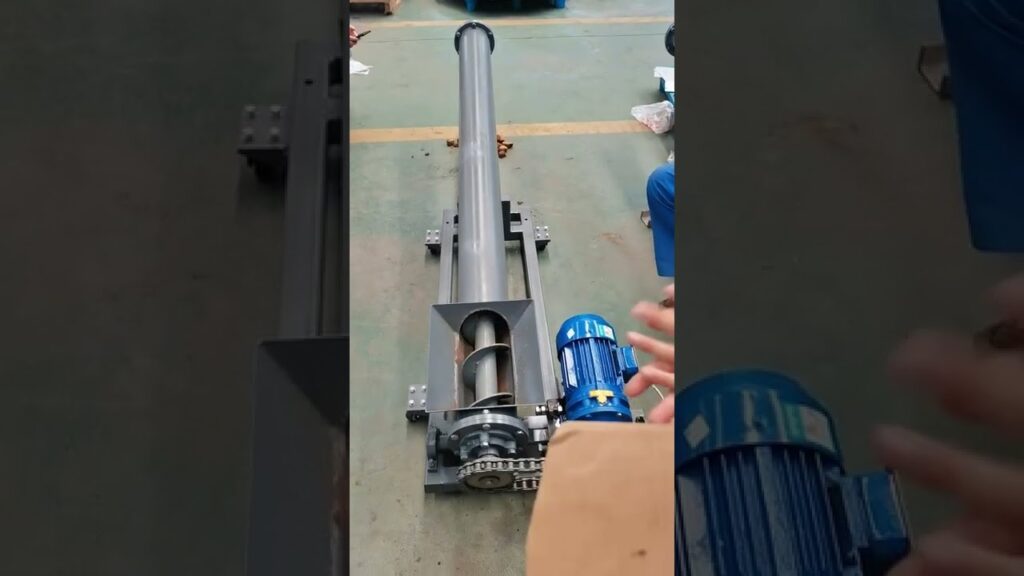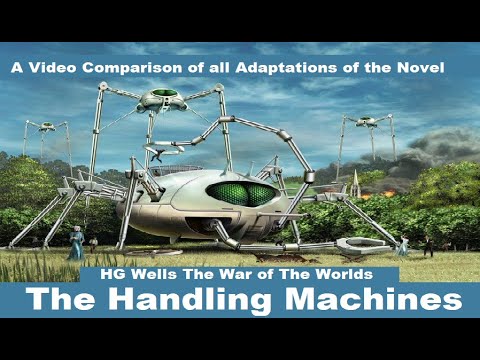Advancements in Industrial Handling Machines: A Case Study on Pepsi-Cola of Central Virginia
The world of industrial handling machines has witnessed significant changes and developments over the years. These machines play a crucial role in the efficient movement and storage of materials within manufacturing facilities and warehouses. One remarkable example of an effective implementation of industrial handling machines can be found in the operations of Pepsi-Cola in Central Virginia. This case study sheds light on how Pepsi has leveraged cutting-edge technology to streamline its material handling processes.
Pepsi-Cola of Central Virginia integrated state-of-the-art industrial handling equipment into its operations to improve efficiency and productivity. By utilizing automated systems, the company has successfully overcome various challenges commonly associated with material handling. With a careful selection of machinery and an innovative approach, Pepsi has achieved superb results, reducing operational costs and enhancing overall performance.
The implementation of industrial handling machines at Pepsi involves a diverse range of equipment, including conveyors, automated guided vehicles (AGVs), and robotic picking systems. These tools work in harmony to ensure smooth and efficient material flow throughout the facility. Conveyors play a vital role in transporting products from one area to another, reducing the need for manual handling and minimizing the risk of human error.
AGVs, on the other hand, offer an unparalleled level of flexibility and precision in material handling. These autonomous vehicles navigate through the facility using sophisticated guidance systems, transporting items with utmost care and accuracy. By adopting AGVs, Pepsi has eliminated the need for manual labor in repetitive and labor-intensive tasks, freeing up human resources to focus on more complex and strategic operations.
Additionally, Pepsi has implemented robotic picking systems to optimize its material handling processes. These advanced machines are capable of accurately selecting and placing products into appropriate containers based on predefined parameters. By integrating robotics into its operations, Pepsi has significantly reduced the occurrence of errors and achieved remarkable speed and efficiency in its handling procedures.
The incorporation of industrial handling machines has not only transformed material handling processes at Pepsi, but it has also had a profound impact on the workforce. The adoption of automated systems has led to a reduction in physical strain for employees, promoting a safer and healthier working environment. In turn, this has enhanced employee morale and job satisfaction, contributing to increased productivity and overall business success.
The success of Pepsi’s implementation of industrial handling machines can be attributed to careful planning, thorough analysis, and a forward-thinking approach. By partnering with industry-leading suppliers and technology providers, Pepsi was able to select the most suitable machinery for its specific needs. The company collaborated closely with these partners to customize the solutions and integrate them seamlessly into its existing infrastructure.
Furthermore, Pepsi recognized the importance of continuous improvement and ongoing training to maximize the benefits of industrial handling machines. Employees received comprehensive training to operate and maintain the equipment effectively. Regular performance evaluations and feedback sessions were conducted to identify areas for improvement and ensure optimal utilization of the machinery.
The case study of Pepsi-Cola of Central Virginia serves as a testament to the transformative power of industrial handling machines. By embracing automation and cutting-edge technology, Pepsi has been able to vastly improve its material handling processes, resulting in increased efficiency, reduced costs, and a safer working environment. The success of Pepsi’s implementation serves as inspiration for other companies seeking to optimize their own material handling operations.
In conclusion, the implementation of industrial handling machines at Pepsi-Cola of Central Virginia has revolutionized the company’s material handling processes. By leveraging advanced technology including conveyors, AGVs, and robotic picking systems, Pepsi has achieved remarkable improvements in efficiency, productivity, and employee satisfaction. This case study stands as a testament to the significant impact that the right choice of industrial handling machines can have on a company’s operations. As industries continue to evolve, it is certain that similar advancements in material handling technology will continue to drive growth and success in the future.
Handling Machine
“Revolutionizing Industrial Handling: A Case Study on Enhancing Efficiency with Advanced Equipment”


